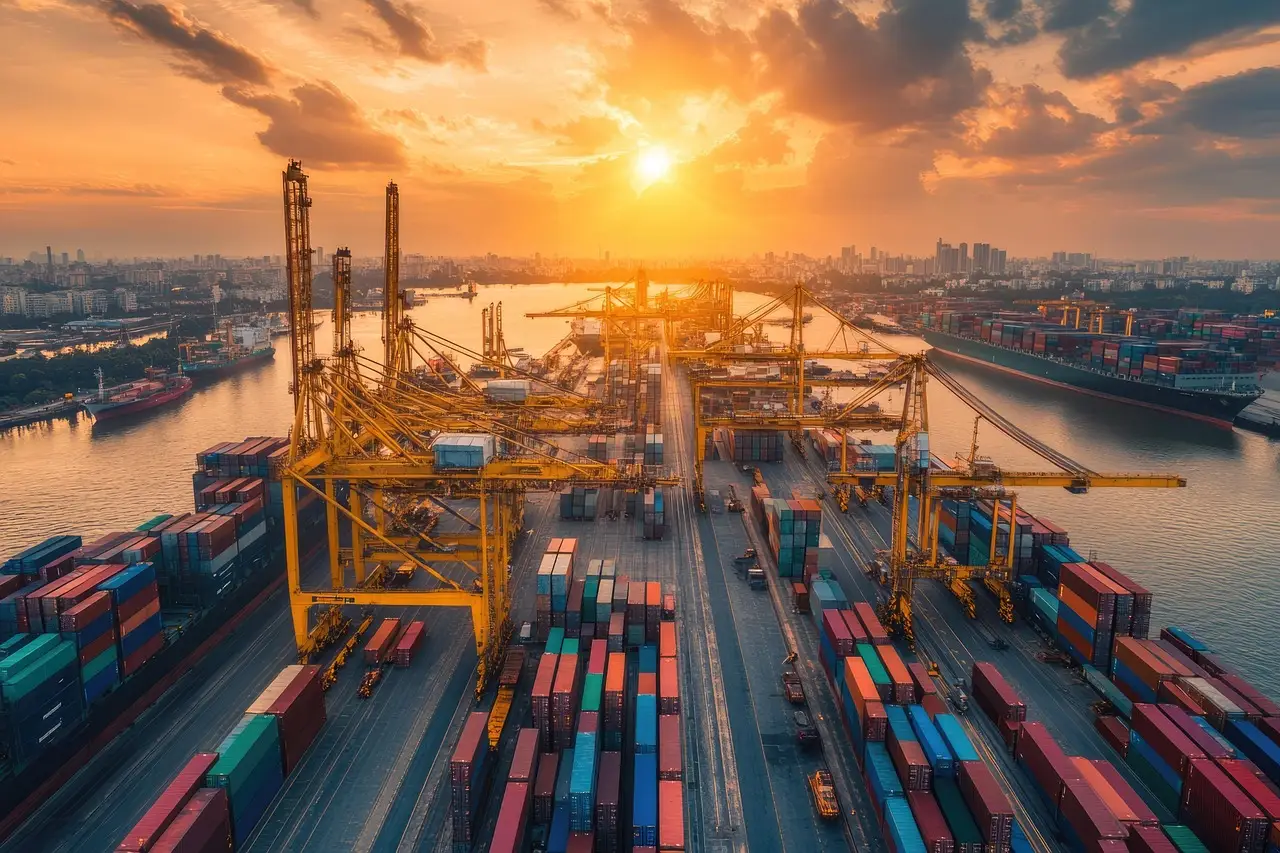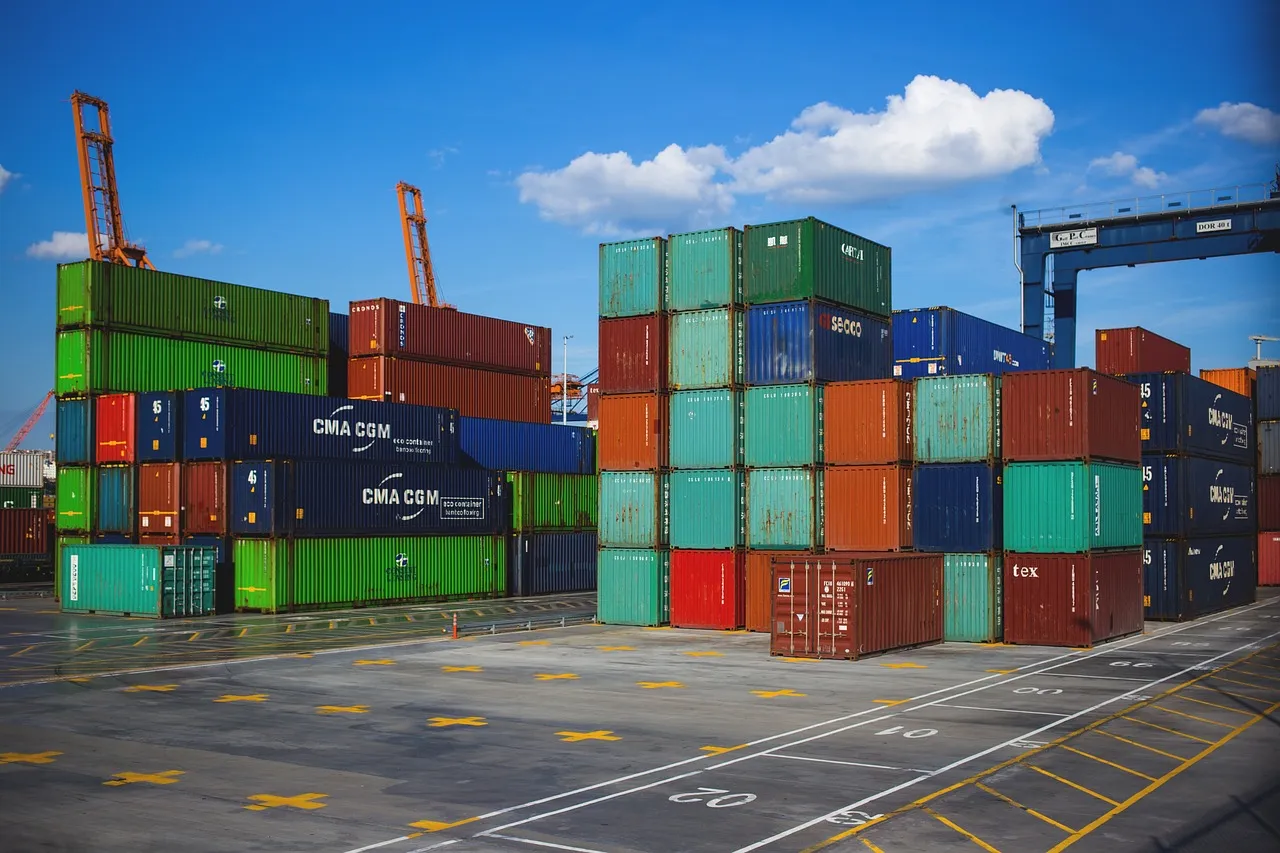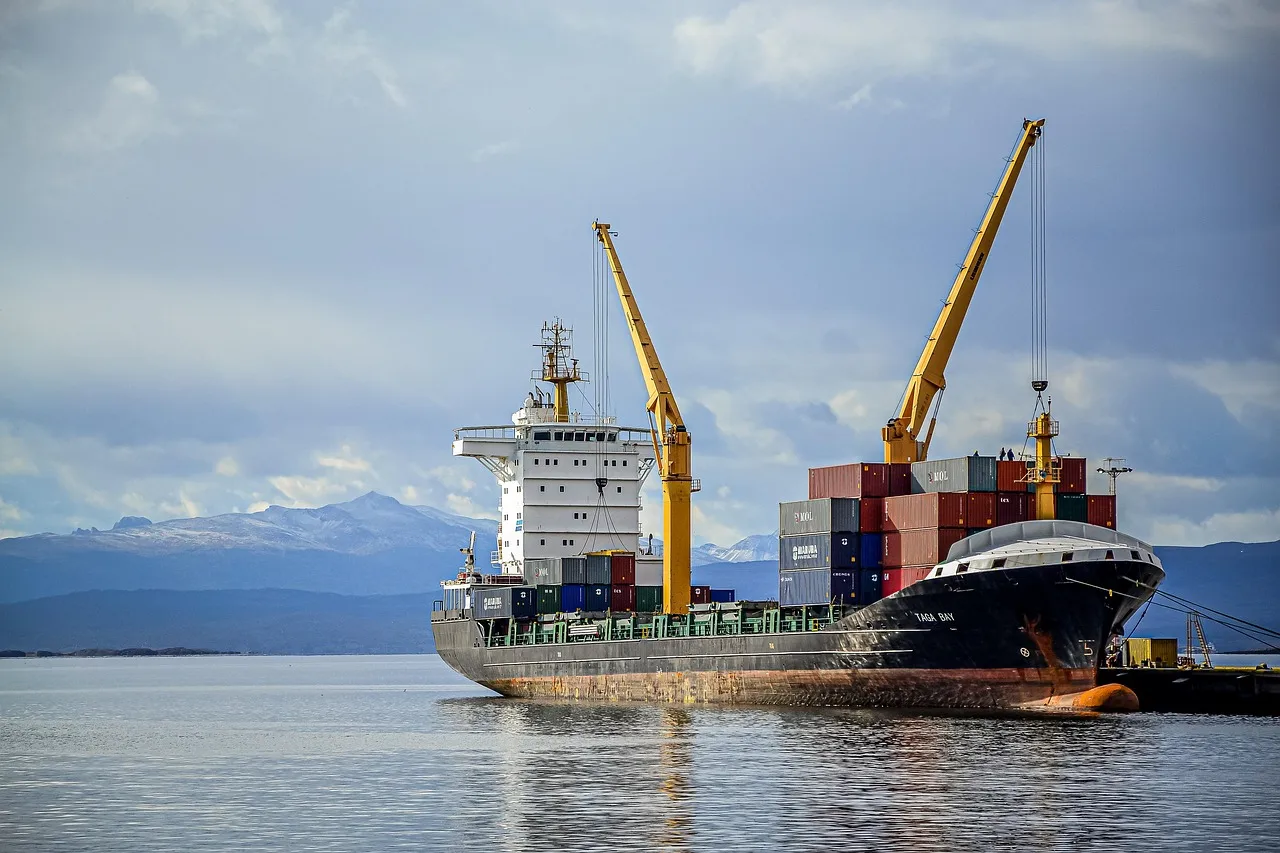Why Are Shipping Delays from China to the US Getting Worse in 2025?
Global Events Disrupting Supply Chains
In 2025, global supply chains face big problems. The effects of COVID-19 still cause trouble. There are not enough workers. Factories make less. Shipping schedules are hard to predict. Conflicts like the Russia-Ukraine war change trade routes. They also raise fuel costs. This makes shipping more expensive and slower. These issues affect trade between big partners like China and the United States. They create delays at every step of shipping.
The Impact of Geopolitical Tensions on Customs Clearance
Tensions between the US and China make customs clearance slower. Borders have stricter checks. Tariffs and export rules are tougher. Some products get extra inspections or are stopped. This slows down goods. It also makes things uncertain for businesses. Importers must follow complex rules. These rules change often. This adds to delays in 2025.
How Port Congestion in the US and China Affects Delivery Times
Ports in China, like Ningbo-Zhoushan and Shanghai, are very busy. Too many exports cause backlogs. In the US, ports like Los Angeles and Long Beach have container pileups. There are not enough chassis or workers. Warehouses are full. These problems add days or weeks to delivery times. Businesses struggle to plan stock refills. This makes supply chains less reliable.
What Role Do Customs Regulations Play in Slowing Shipments?
Changes in US-China Trade Policies and Their Effects
Trade rules between China and the US have changed a lot. New tariffs or bans on materials need constant checking. These changes come fast. Businesses must adapt quickly or face delays at customs. The Uyghur Forced Labor Prevention Act (UFLPA) asks for detailed papers. Companies must prove their supply chain is clear. This adds more work and slows shipping.
Stricter Inspection Protocols at Major Ports
Customs in both countries check shipments closely. They look for security or trade issues. In 2025, flagged shipments will be scanned or opened. Officers check invoices and origin papers. This can take days. Busy ports make it worse. These checks cause big delays for goods moving from China to the US.
Common Documentation Errors That Cause Clearance Delays
Bad paperwork is a common problem. Wrong HS codes or missing details stop shipments. For example, not declaring dual-use items correctly can lead to fines or seized goods. These items have both civilian and military uses. Strict export laws make this a big issue. Accurate papers are key to avoiding customs holds.
How Do Logistics Choices Influence Shipping Delays?
Air Freight vs. Sea Freight: Which Faces More Bottlenecks?
Air freight is faster than sea freight. But it has problems in 2025. Fewer passenger flights mean less cargo space. This raises costs and delays bookings. Sea freight moves more goods but faces port backups. Ships may skip ports or change routes due to conflicts. This makes schedules less steady. Both options have challenges for timely delivery.
The Importance of Choosing the Right Incoterms
Picking the right Incoterms matters. Terms like FOB (Free On Board) or DDP (Delivered Duty Paid) set who handles the shipping steps. Wrong terms cause fights over duties or missed handoffs. This delays goods. Clear terms between buyers and sellers help avoid these problems. They keep shipments moving smoothly.
Carrier Reliability and Route Planning Challenges
Carriers are less reliable in 2025. Demand changes fast. Ships cancel trips or change plans. This disrupts supply chains. Geopolitical issues force ships to take longer routes. This adds time to deliveries. Planning routes is harder when safety risks change fast. Businesses need flexible plans to keep goods moving.
How Can Businesses Minimize Shipping Delays in 2025?
Preparing Accurate and Complete Documentation
Good paperwork stops customs delays. Businesses should check all documents before shipping. Use correct HS codes on invoices. Make sure the packing lists match the goods. Include origin papers or permits for restricted items. This gets delivery moving and avoids holds or fines. However, companies may not be able to manage sourcing and logistics, especially when dealing with multiple suppliers and new regions. That is where Sangni, a procurement agent with over ten years of experience, comes in. Sangni is highly efficient at cost-reducing sourcing solutions, delivering business with right products while keeping total compliance with trade laws. Our squad ensures the proper paperwork is in the system to prevent companies from lagging behind delay issues because of paperwork.
Working with Licensed Customs Brokers
Customs brokers make clearance easier. They know the latest rules. They check papers for mistakes. They talk to customs officers during inspections. Using a licensed broker helps businesses follow US and Chinese laws. This cuts delays and keeps shipments on track.
Planning Around Major Trade Shows and Public Holidays
Big events cause shipping delays. Plan for these:
- Canton Fair: Held twice a year in Guangzhou. It makes logistics busy.
- China International Import Expo (CIIE): Boosts shipping demand in Shanghai.
- Lunar New Year: Factories close for weeks. Shipping slows down. Order early to avoid these busy times. This helps keep goods moving.
It is critical to plan well in advance to minimize these delays. For businesses that rely on international sourcing of goods, Sangni gives guidance so that you are not caught off guard by supply chain disruptions. Our proficiency in handling these peak seasons positions them as a trusted ally in streamlining the logistics process. Sangni offers added value to businesses by not only helping in procurement but also delivering efficient solutions for retail furniture and other household goods. With extensive familiarity with the global sourcing landscape, Sangni handles all your logistics needs, from customs clearance to final delivery. Our end-to-end services, like managing documentation and negotiating directly with suppliers, allow firms to minimize risks and maintain products flowing according to schedule.
Leveraging Real-Time Tracking and Digital Tools
Digital tools help track shipments. They show updates on weather, port backups, or customs holds. Businesses can act fast if problems start. Real-time tracking stops small issues from growing big. It helps companies plan better and avoid delays. Additionally, with Sangni’s cost-saving sourcing solutions, businesses can leverage real-time updates to ensure smoother communication with suppliers, enhancing visibility into the entire supply chain.
FAQ
Q: Why are shipments from China taking longer than usual in 2025?
A: Port backups and strict customs checks cause delays. Tensions between the US and China make inspections tougher.
Q: What documents are essential for smooth customs clearance?
A: You need invoices with the right HS codes, packing lists that match goods, origin papers, and permits for restricted items.
Q: Is air freight faster than sea freight despite current bottlenecks?
A: Yes, but air freight has less space and higher costs. Sea freight faces port delays and route changes.
Q: How can I avoid delays around Chinese holidays?
A: Order early before holidays like the Lunar New Year. Avoid busy times like the Canton Fair when shipping demand spikes.
Q: What’s the best way for small businesses to manage international sourcing risks?
A: Use trusted procurement agents like Sangni. Track shipments in real-time. This cuts risks from delays or rule changes.







